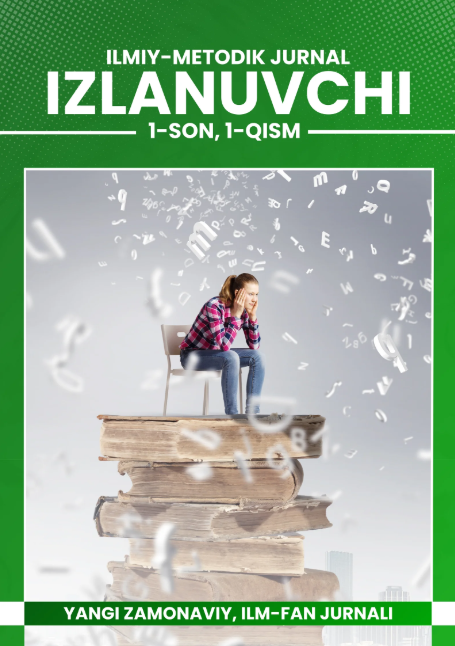Abstract
This article explores the significant role of play-based learning as an effective educational approach for fostering social skills development among primary school children. Social skills—such as communication, cooperation, empathy, and conflict resolution—are essential for children’s overall growth and success in both academic and social contexts. Play-based learning creates a dynamic and engaging environment where children learn these skills naturally through interaction, collaboration, and imaginative activities. The paper examines various types of play, including cooperative games, role-playing, and problem-solving tasks, and highlights how these contribute to building positive peer relationships, emotional regulation, and social competence. Additionally, the article discusses the role of educators in facilitating meaningful play experiences that promote inclusivity, respect, and self-expression. Emphasizing the importance of integrating play into the primary education curriculum, this study advocates for educational policies and teaching practices that prioritize holistic child development through active, playful learning.
References
1. Frost, J. L., Wortham, S. C., & Reifel, S. (2012). Play and Child Development (4th ed.). Pearson.
2. Ginsburg, K. R. (2007). The Importance of Play in Promoting Healthy Child Development and Maintaining Strong Parent-Child Bonds. Pediatrics, 119(1), 182–191.
3. Pellegrini, A. D., & Smith, P. K. (1998). The Development of Play During Childhood: Forms and Possible Functions. Child Psychology and Psychiatry Review, 3(2), 51–57.
4. Vygotsky, L. S. (1978). Mind in Society: The Development of Higher Psychological Processes. Harvard University Press.
5. Weisberg, D. S., Hirsh-Pasek, K., & Golinkoff, R. M. (2013). Guided Play: Where Curricular Goals Meet a Playful Pedagogy. Mind, Brain, and Education, 7(2), 104–112.
6. Wood, E. (2014). Play, Learning and the Early Childhood Curriculum (3rd ed.). SAGE Publications.
7. National Association for the Education of Young Children (NAEYC). (2009). Developmentally Appropriate Practice in Early Childhood Programs.
8. Saracho, O. N., & Spodek, B. (2006). Contemporary Perspectives on Play in Early Childhood Education. Information Age Publishing.
9. Singer, D. G., Golinkoff, R. M., & Hirsh-Pasek, K. (2006). Play = Learning: How Play Motivates and Enhances Children’s Cognitive and Social-Emotional Growth. Oxford University Press.
10. www.unicef.org – Reports and resources on child development and education.
